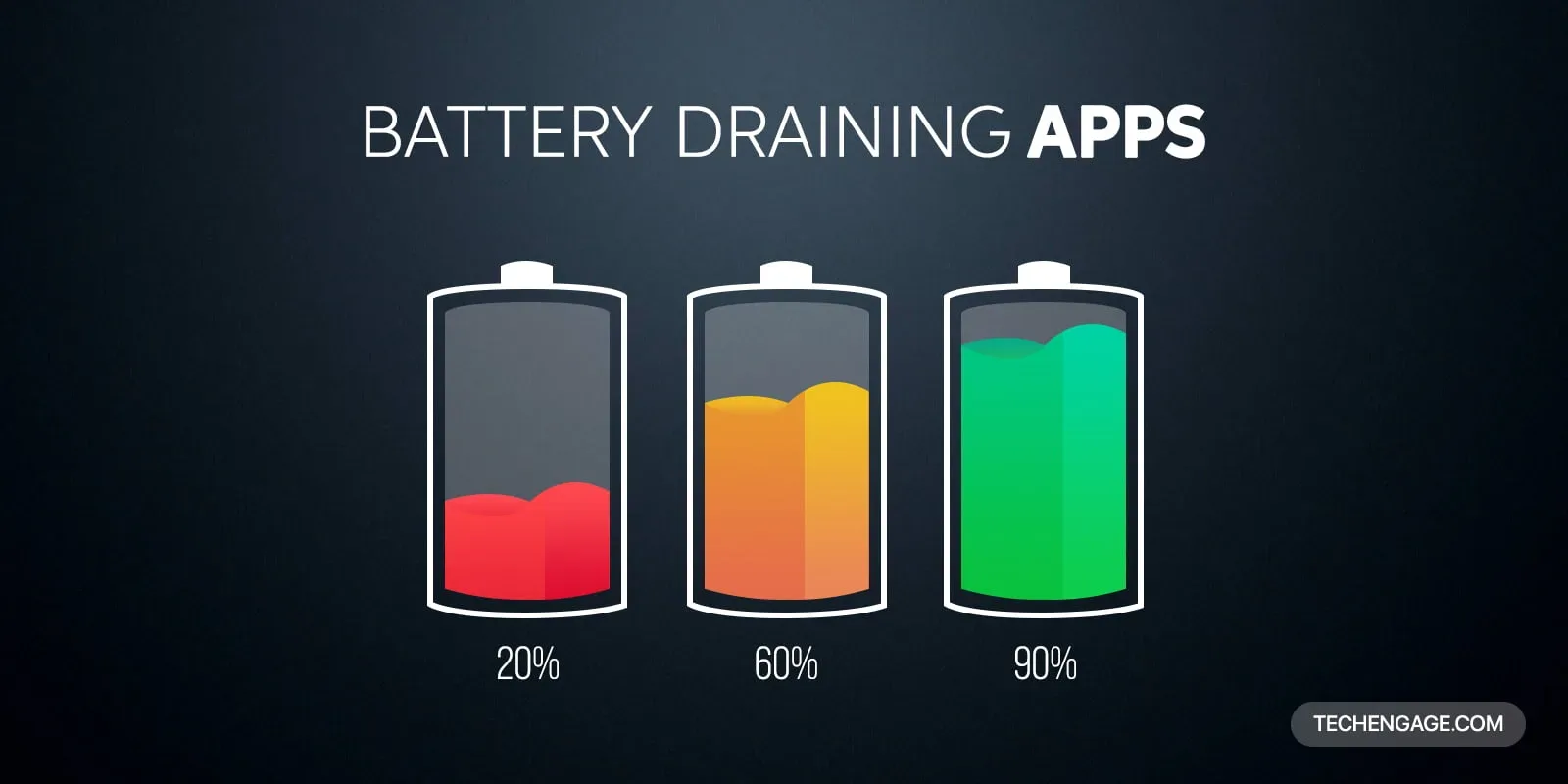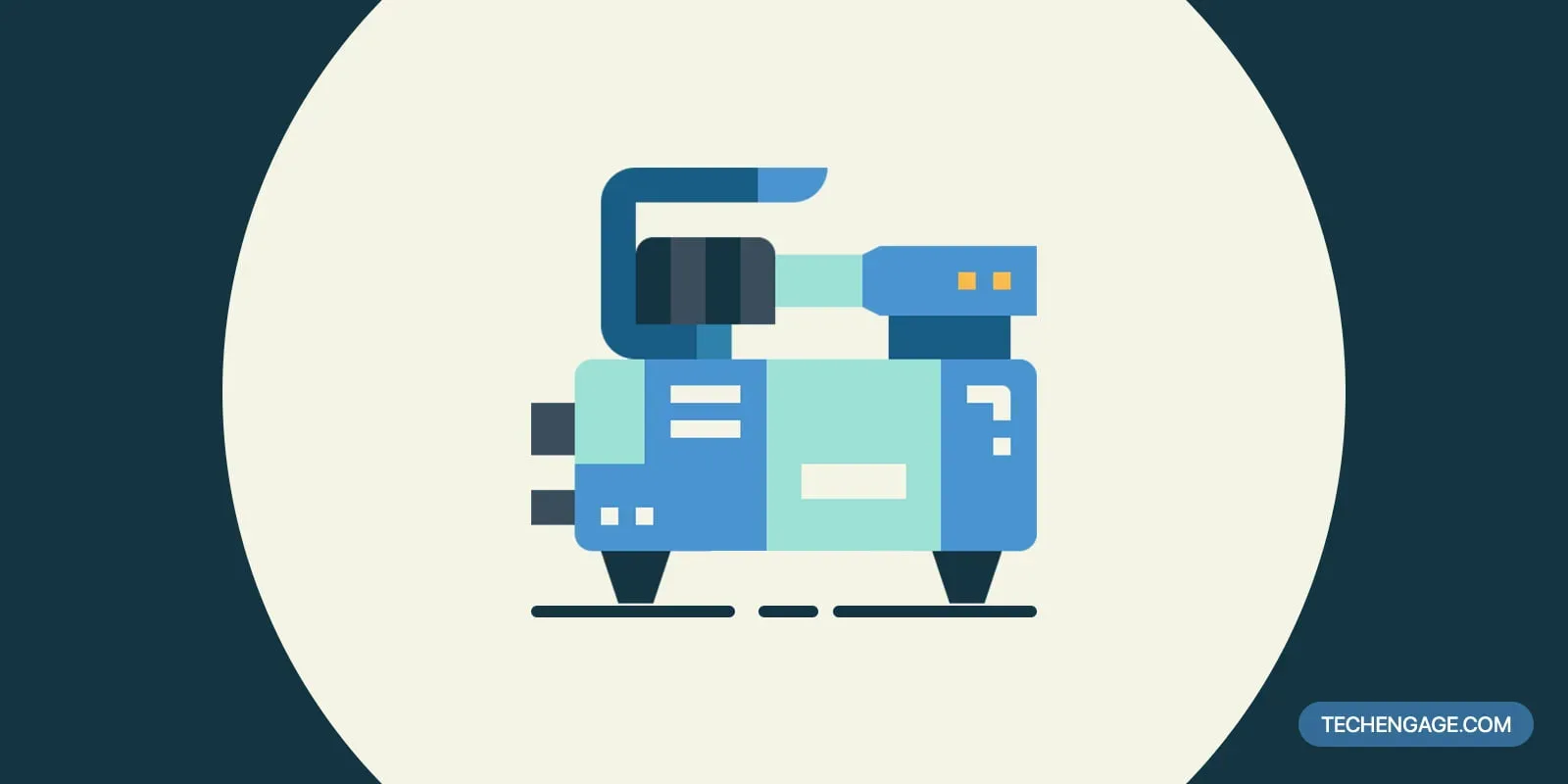Has it ever happened if you sat down with your loved one to catch a new Netflix show, but your loved one just can’t stop scrolling through their Instagram feed? This phenomenon is known as media multitasking.
It is such a prevalent occurrence that 178 million US adults use another device while watching TV. Many people consider this an indication of strong organizational skills and multitasking, but this is completely false.
Studies suggest that this is an indication of poor attention span. Media multitasking is when users are engaged with multiple media devices simultaneously. There can be several examples of this. Listening to music while reading a book or talking to friends while playing video games.
One recent study analyzed 22 peer-reviewed research papers to present facts about media multitasking and how it affects the brain. After closely examining the research papers, the study produced some fascinating results.
The study found that self-reported “heavy media multitaskers” performed worse on attention and working memory tests. Some of the participants even had physical differences in the structure of the brain.
The study concluded that heavy multitaskers performed about eight or ten percent worse than light multitaskers on sustained attention tests. These tests required the participants to pay attention to a certain task (such as spotting a specific letter in a stream of other letters) for 20 minutes or more. Multitasking also makes limiting one’s screen time even more difficult.
These tests showed that heavy multitaskers had a poor attention span and it was a concerning situation. Users with poor attention span were more likely to switch activities instead of sticking to just one. This study explains really well why some people are such heavy multitaskers.
Heavy multitaskers also had worse memory than light multitaskers. They were found to perform worse than light media multitaskers on working memory tests. This test involved memorizing and remembering certain information such as a telephone number while users were asked to perform another task simultaneously.
This task could be anything like searching for a pen or pencil and a piece of paper to note the number down. Better working memory meant having better concentration and focus while being better at avoiding distractions.
Participants’ brain scans showed structural differences in the part of the brain that is responsible for controlling attention. The region is known as the anterior cingulate cortex, which was found to be smaller in heavy multitaskers. A study revealed that children using social media for hours had changes induced in their brain’s chemistry.
The study established a link between memory and concentration and media multitasking, but it could not uncover the cause and effect of the link. Do heavy media multitaskers have poor attention span because of their media multitasking? Or do they prefer media multitasking because of their poor attention span?
There are other factors at play as well. These include a person’s own personality and general intelligence.
Heavy multitaskers need not fret though. Their poor attention span can have its benefits too. Heavy media multitaskers can decipher through the noise and extract useful information. This means if they hear something important on the tv while reading a book, they will be able to pay more attention compared to light multitaskers.
Despite this its best to avoid multitasking, for the sake of one’s mental health. Turn off your phone next time you decide to binge watch Netflix.



